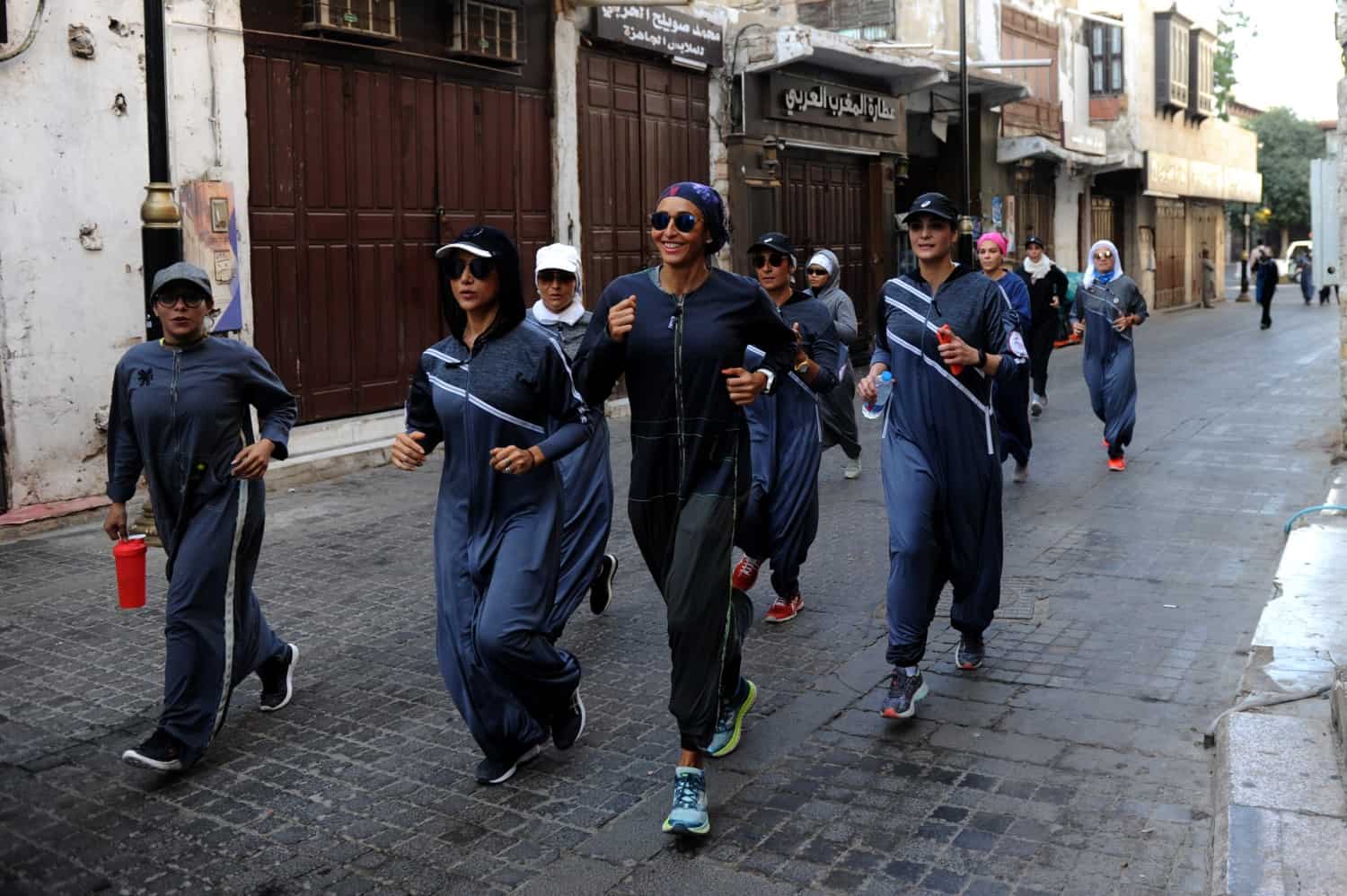Launching a business in Lebanon amid a global health pandemic made worse by political instability, soaring food prices and economic challenges arising from hyperinflation and a devalued currency was a huge risk. Factors that shuttered several businesses.
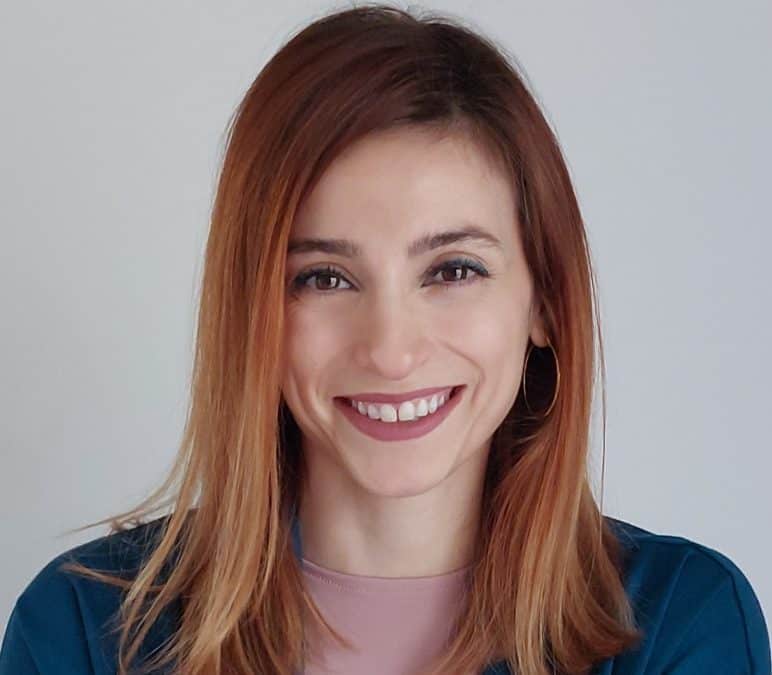
Yet Nathaly Daou took the decision to launch her activewear brand NatUsual soon after the devastating blasts in Beirut in 2020.
“I saw how badly people were impacted. It was a bad time to launch a business like mine. On the other hand, for more than a decade I had been nurturing an idea of launching a locally designed and versatile activewear brand. And I didn’t want to delay the launch any further. I took the leap of faith,” she said in an exclusive interview with TRENDS.
When asked if she is pleased with the results of taking the risk to launch a new brand in a challenging climate, Daou said, “Sooner or later it had to happen. In the beginning, the business was slow, but it is picking up pace. It is not booming. I don’t ship worldwide yet. I work with one tailor as opposed to a factory. Overall, it has been as I had anticipated. I’m taking one step at a time, working from one collection to another and eventually I’ll set future milestones too.”
Finding a niche
Daou is aware that sportswear is a segment where global brands dominate. “But I always felt as if something was missing. If you think about it there is a section of people who love to work out but there is also one that needs motivation. That motivation can sometimes come from looking and feeling good. I wanted to create an activewear brand using swimwear materials that women, irrespective of their body shape and size, would associate with and feel comfortable wearing,” Daou said.
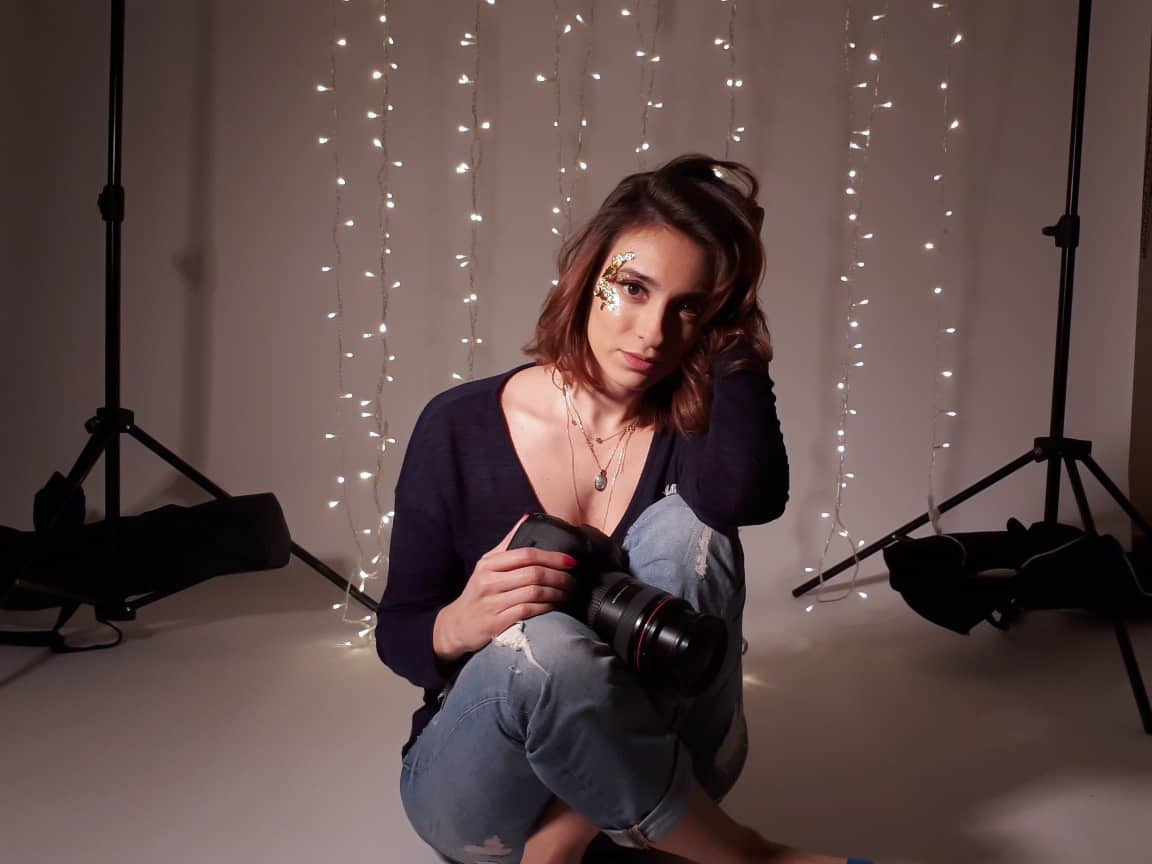
“As a mother, dancer and a fitness enthusiast I often struggled to find multifunctional, comfortable yet stylish garments that I can wear to the gym and elsewhere. Comfortable doesn’t have to be basic. It can be trendy, fun and functional. These are some gaps in the activewear market that I wanted to plug with my brand.”
Navigating roadblocks
Daou had to navigate many roadblocks to not only launch but protect the brand at a time when many went out of business. But her goal post was clear. “It was now or never. I had already spent over two years to put the ideas into action, find the right fabrics, a tailor who finally understood my vision. I couldn’t wait.”
However, the first roadblock Daou had to negotiate was to be taken seriously in an industry dominated by men. “The factories were male dominant places. So, when I walked in, tiny in built and pregnant at that time, I was almost always overlooked. My idea was often brushed off as a project by a bored housewife. The lack of professionalism from people who would be my potential suppliers was a real challenge,” she recollected. “The other big impediment was the lack of knowledge in making sportswear as tailors/designers in Lebanon mostly specialise in couture, formal and casual wear.”
“The factories were male dominant places. So, when I walked in, tiny in built and pregnant at that time, I was almost always overlooked. My idea was often brushed off as a project by a bored housewife. The lack of professionalism from people who would be my potential suppliers was a real challenge,” says Nathaly Daou. “The other big impediment was the lack of knowledge in making sportswear as tailors/designers in Lebanon mostly specialise in couture, formal and casual wear.”
In addition, devalued currency heavily affected Daou’s business. Adding to the woes, constant power cuts delayed production. “By the time I had my collection ready, the blasts happened, and I completely lost the will to even promote the brand at a time when people were raising funds to get by. All around I could only see tragic losses. But I had this uneasy feeling as if my dream was being stolen away. I couldn’t let that happen so, I decided to launch the brand anyway not fearing the consequences.”
Enabling women
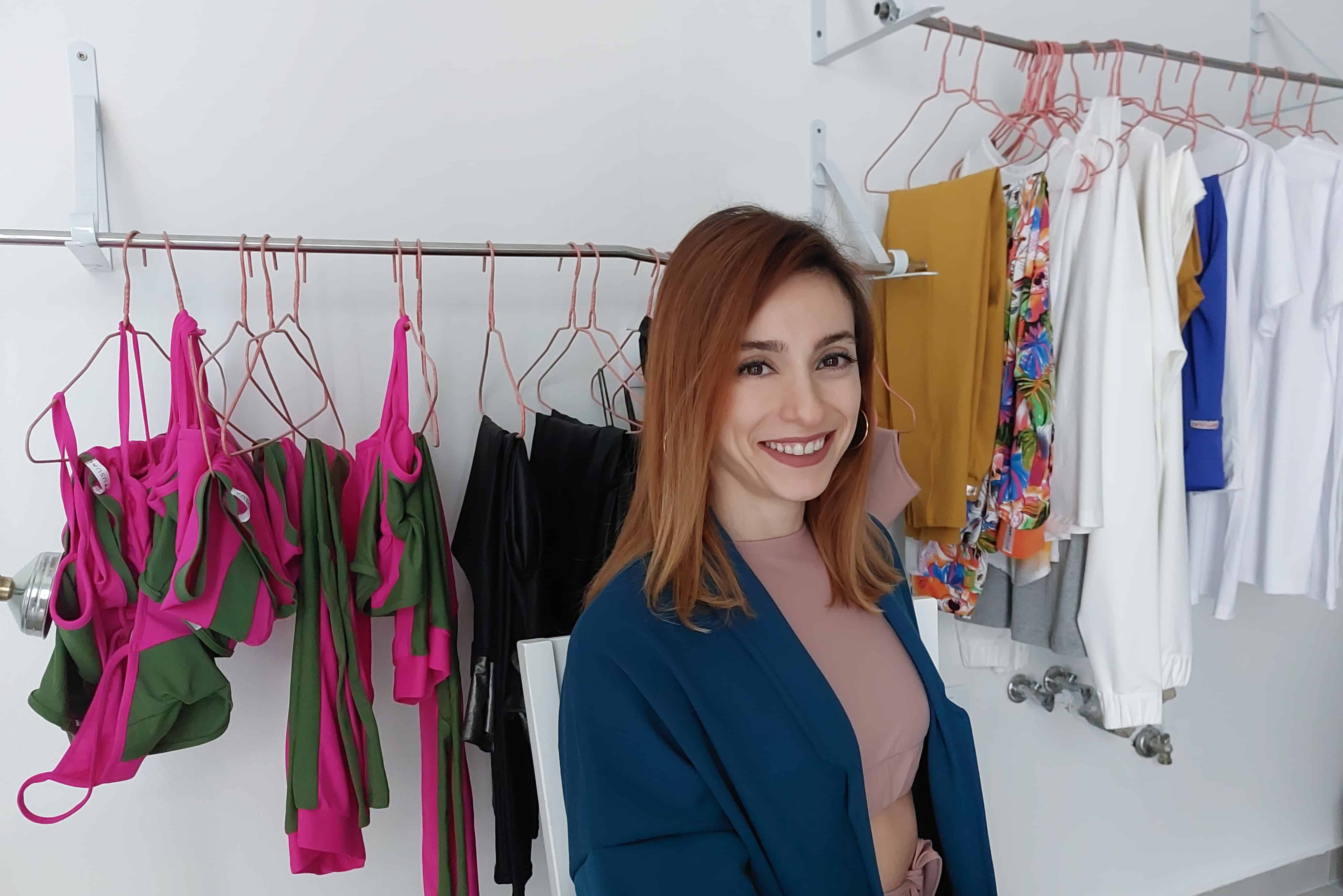
Now Daou is creating job opportunities for women within her business. “I always look for talent, be it a man or a woman. But for some reason I end up collaborating more with women,” she said, adding that for her upcoming collection she has worked with a talented Lebanese woman who specialises in hand painting.
“Instead of digital art, I commissioned her to create beautiful handmade artworks. I feel as if it will open new opportunities for both of us as I like personalisation and she is skilled to do it. That’s my way of supporting talented women and growing together, creating an ecosystem that will enable more women to utilize their skills and become financially empowered.”
Challenging stereotypes
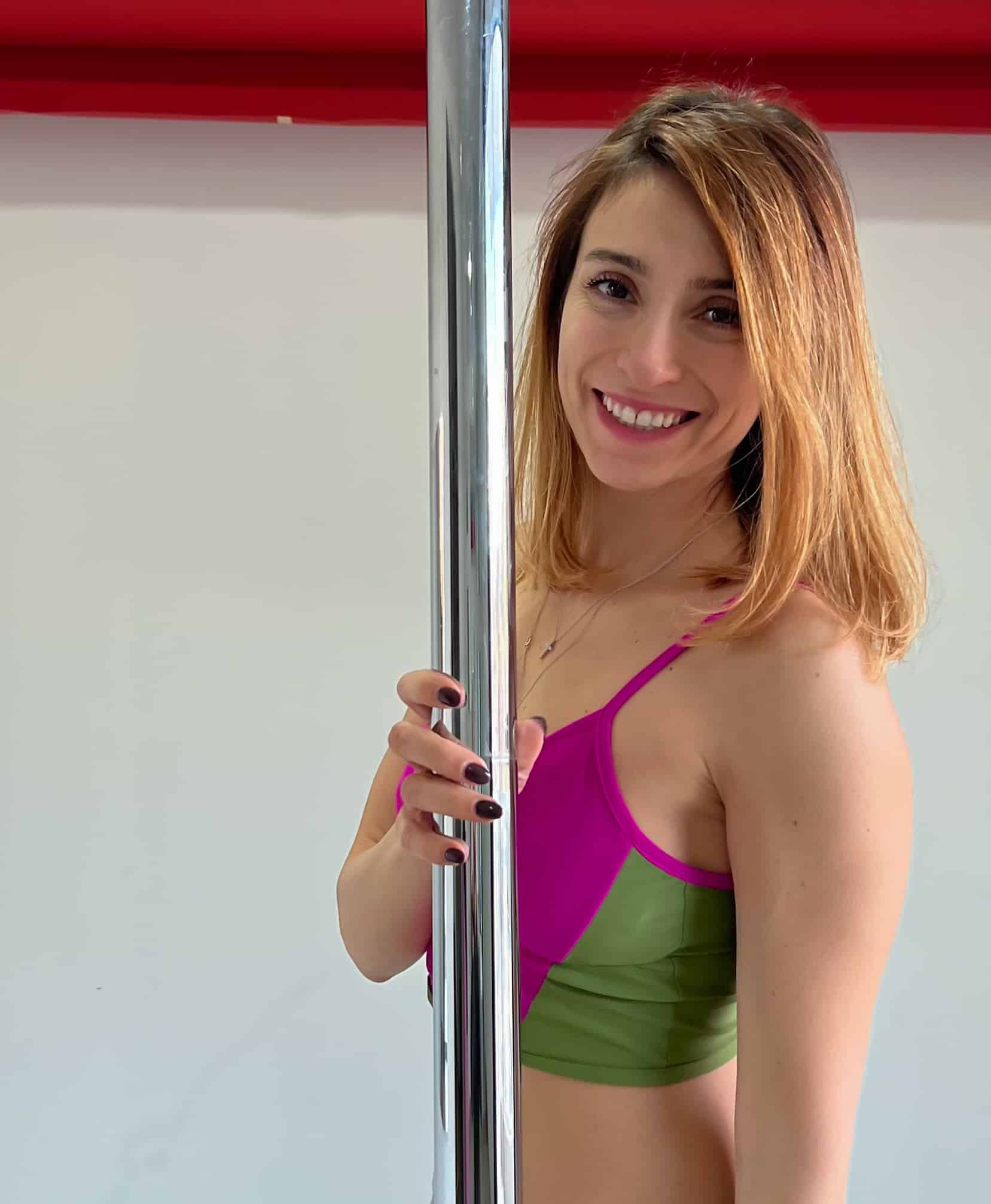
Besides being an entrepreneur, Daou is a pole dance instructor and a professional photographer. Both could be seen as unconventional career choices.
“I was a good student and had enrolled to study medicine but didn’t enjoy it. So, I decided to pursue Masters in Cinematography. Dancing was my passion and after-work activity to unwind. But then came a point when I became interested in pole dancing since I was awed by the strength and agility of pole dancers. I kept looking for institutes that offered pole dance lessons and finally found a Lebanese woman who did. My family and friends were accepting. But on social media we did and continue to face harassment,” Daou said, adding that she hopes to see more parents and families letting their children pursue their dreams and society becoming open and accepting of their choices.
“When I was a teenager and really wanted to pursue dance lessons I wasn’t allowed. My parents enrolled me for piano lessons instead. Therein a lot more needs to be done to challenge stereotypes such as women should engage only in certain pursuits be that career or otherwise. A lot more needs to be done to reach a point where arts and other creative endeavors and entrepreneurship will be given due credit as medicine, engineering, law and so on and duly supported,” she said.

